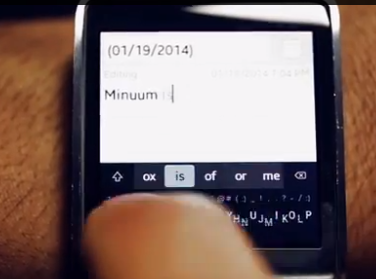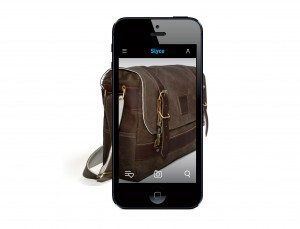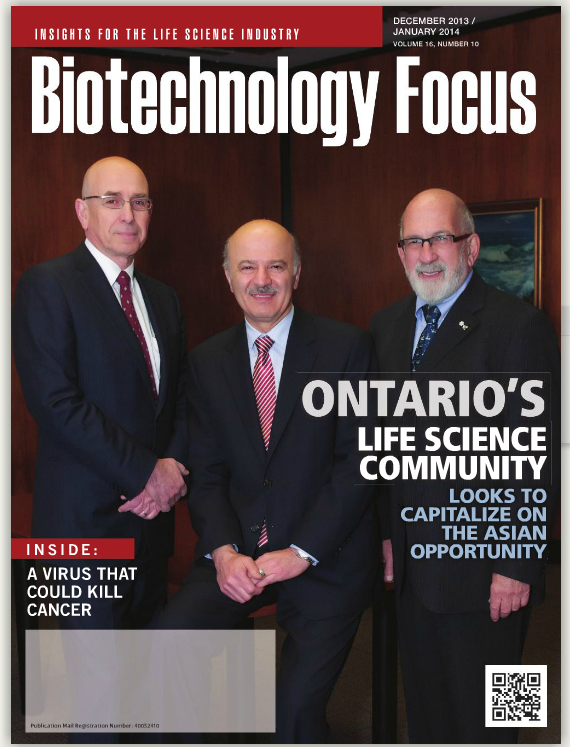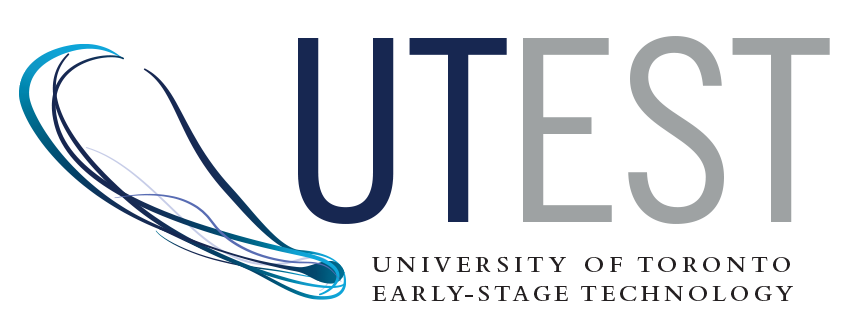Y Combinator-backed Whirlscape closes $500,000 seed funding round
Minuum keyboard creators accelerate wearable device input technology development

TORONTO, Canada (February 6, 2014) — Whirlscape Inc., creators of Minuum, “the little keyboard for big fingers,” have closed an investment seed round for just over $500,000 (USD). Y Combinator, FundersClub, BDC Venture Capital, and a dozen other prominent angel investors have contributed to the round.
Whirlscape’s plans for the capital involve innovating beyond its participation in Silicon Valley’s start-up accelerator Y Combinator. Whirlscape also aims to consolidate the success of its Minuum keyboard for Android touchscreen devices—available on Google Play—whose positive reviews have boosted sales since the New Year.
See articles of Whirlscape’s seed funding announcement by Darrell Etherington in TechCrunch, Ian Hardy in BetaKit, Rob Lewis in TechVibes and Global University Venturing.
Since launching the Minuum keyboard in 2013, Whirlscape has grown to a dedicated team of 10 working to enable new ways to type, and to unify input methods across the rapidly emerging field of wearable and ubiquitous computing devices such as smart watches and Google Glass. Whirlscape has recently demonstrated the Minuum keyboard working on Samsung’s Galaxy Gear smart watch.
“Our vision for the future of hyper-personalized input devices involves letting you choose your companion device for its input capabilities,” said Will Walmsley, CEO of Whirlscape. “By simplifying the concept of the keyboard, we allow text entry to occur in places where it was previously unthinkable, removing barriers to communication. Your keyboard can now be anywhere you want it to be, out of the way, yet immediately accessible.”
Whirlscape, Inc. was in the first cohort of UTEST, the MaRS Innovation and University of Toronto accelerator program for early-stage technologies. UTEST is now accepting applications for their third cohort.






